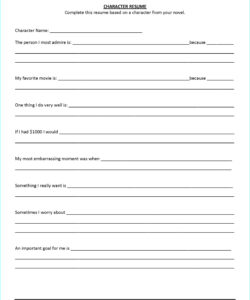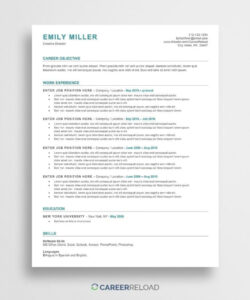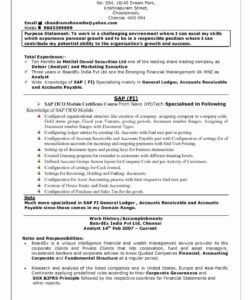When it comes to applying for a job that requires a security clearance, it is important to know how to list your clearance on your resume. In this article, we will discuss the best practices for listing your secret clearance on your resume, as well as some tips for making your resume stand out to potential employers.
First, it is important to understand what a secret clearance is and why it is important. A secret clearance is a level of security clearance that is granted to individuals who have been deemed trustworthy and reliable by the government. This clearance allows individuals to access classified information that is considered to be confidential or secret. If you are applying for a job that requires a secret clearance, it is important to list this clearance on your resume in order to demonstrate that you are qualified for the position.
How to List Your Secret Clearance on Your Resume
When listing your secret clearance on your resume, there are a few things that you should keep in mind. First, you should make sure that you list your clearance in a prominent location on your resume, such as in the summary section or at the top of your work experience section. This will help to ensure that potential employers see your clearance right away and understand that you are qualified for the position.
Second, you should be specific about the level of clearance that you have. For example, if you have a secret clearance, you should list it as “Secret Clearance” rather than simply “Security Clearance.” This will help to ensure that potential employers understand the level of clearance that you have and can make an informed decision about whether or not you are qualified for the position.
Finally, you should be prepared to provide additional information about your clearance if requested. This may include information about when your clearance was granted, when it expires, and any special skills or qualifications that you have that are related to your clearance.
How to Make Your Resume Stand Out
When applying for a job that requires a secret clearance, it is important to make your resume stand out from the competition. Here are a few tips to help you do just that:
- Use keywords: Make sure that you use keywords that are relevant to the position you are applying for. This will help to ensure that your resume is picked up by applicant tracking systems and other automated tools.
- Highlight your skills: Make sure that you highlight any skills or qualifications that are relevant to the position you are applying for. This will help to demonstrate that you are qualified for the position.
- Be concise: Make sure that your resume is concise and easy to read. Use bullet points and short paragraphs to break up large blocks of text.
- Proofread: Make sure that you proofread your resume carefully before submitting it. Typos and other errors can make you appear unprofessional and may hurt your chances of getting the job.
Conclusion
Listing your secret clearance on your resume is an important step in applying for a job that requires a security clearance. By following the best practices outlined in this article, you can ensure that your resume stands out to potential employers and demonstrates that you are qualified for the position.
FAQ
Q: How do I list my secret clearance on my resume?
A: When listing your secret clearance on your resume, make sure that you list it in a prominent location and be specific about the level of clearance that you have.
Q: What should I do if I don’t have a secret clearance?
A: If you don’t have a secret clearance, you may still be able to apply for jobs that require one. Consider taking steps to obtain a clearance, such as applying for a job that requires a lower level of clearance and working your way up.
Q: What are some common mistakes to avoid when listing my secret clearance on my resume?
A: Some common mistakes to avoid when listing your secret clearance on your resume include listing it in an obscure location, failing to be specific about the level of clearance that you have, and failing to provide additional information about your clearance if requested.


